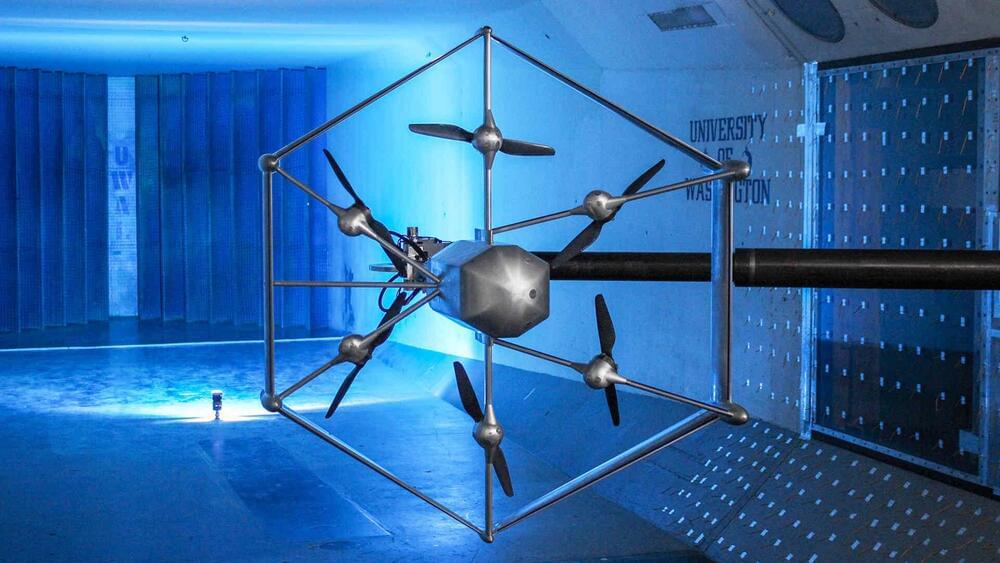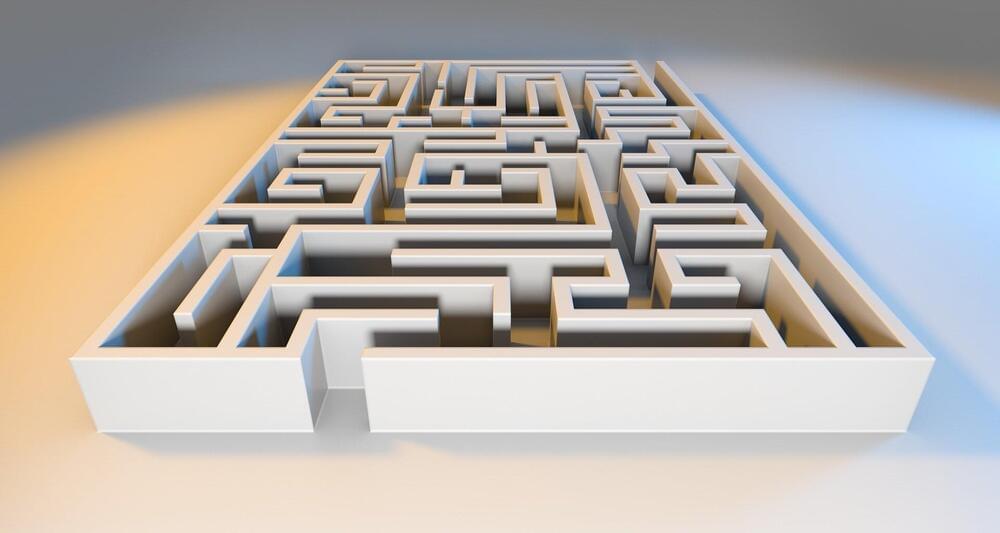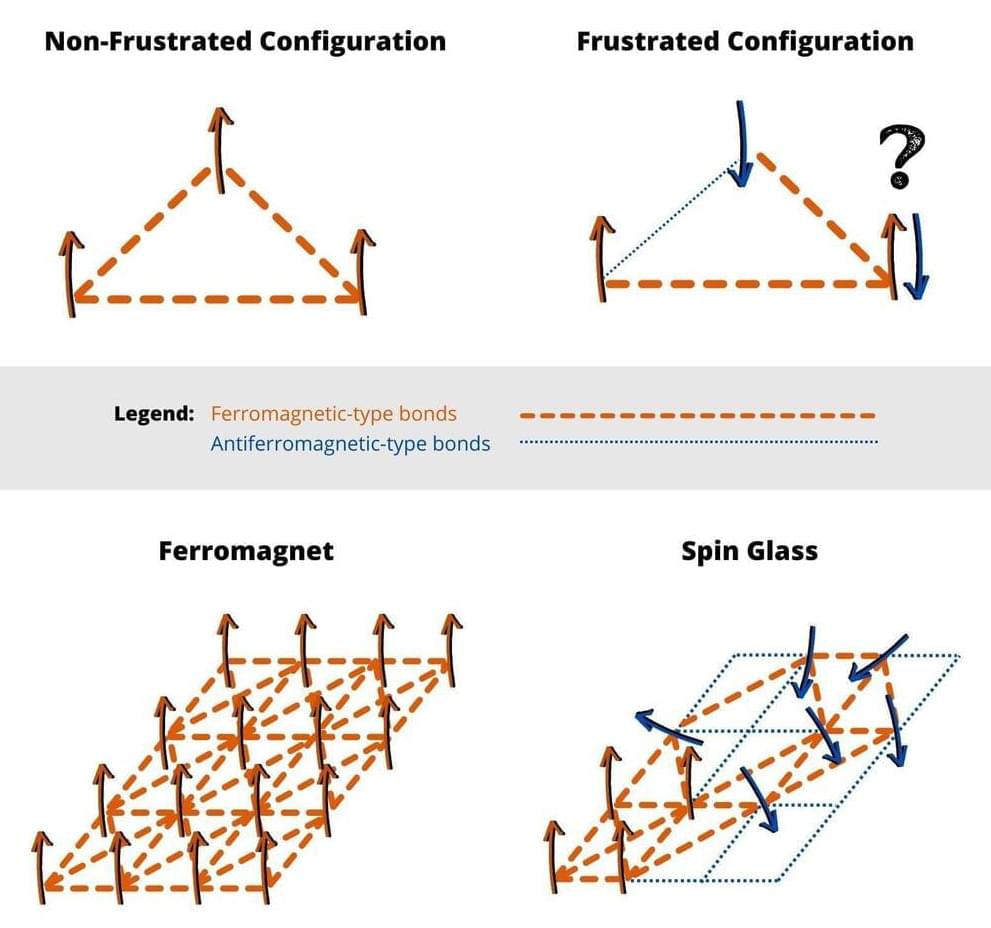MK30 has custom-designed propellers that will reduce the its perceived noise by another 25 percent.
Amazon unveiled its next-generation delivery drone MK30 on Thursday and it promises increased range, expanded temperature tolerance, and the capability to fly in light rain. MK30 is due to come into service in 2024, the company wrote in a blog post.
Amazon.
The company kickstarted its drone delivery idea with the 2013 announcement of Prime Air. Back then, drones delivering packages up to five pounds to houses in less than half an hour seemed too good to be true. Amazon’s promises were no science fiction though. The company’s current fleet of delivery drones flies 400 feet above the ground at speeds up to 50 mph carrying packages up to five pounds within a range of nine miles.






